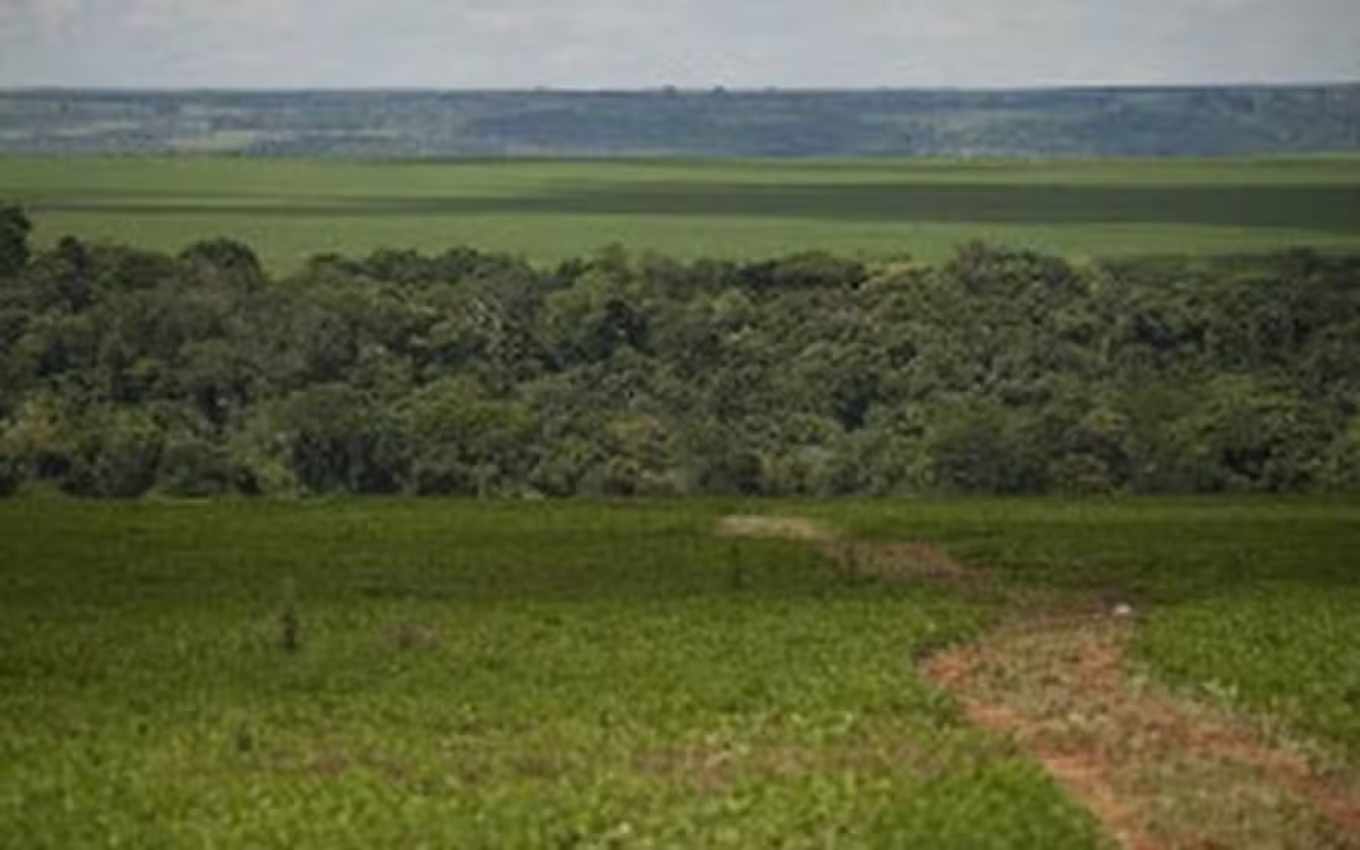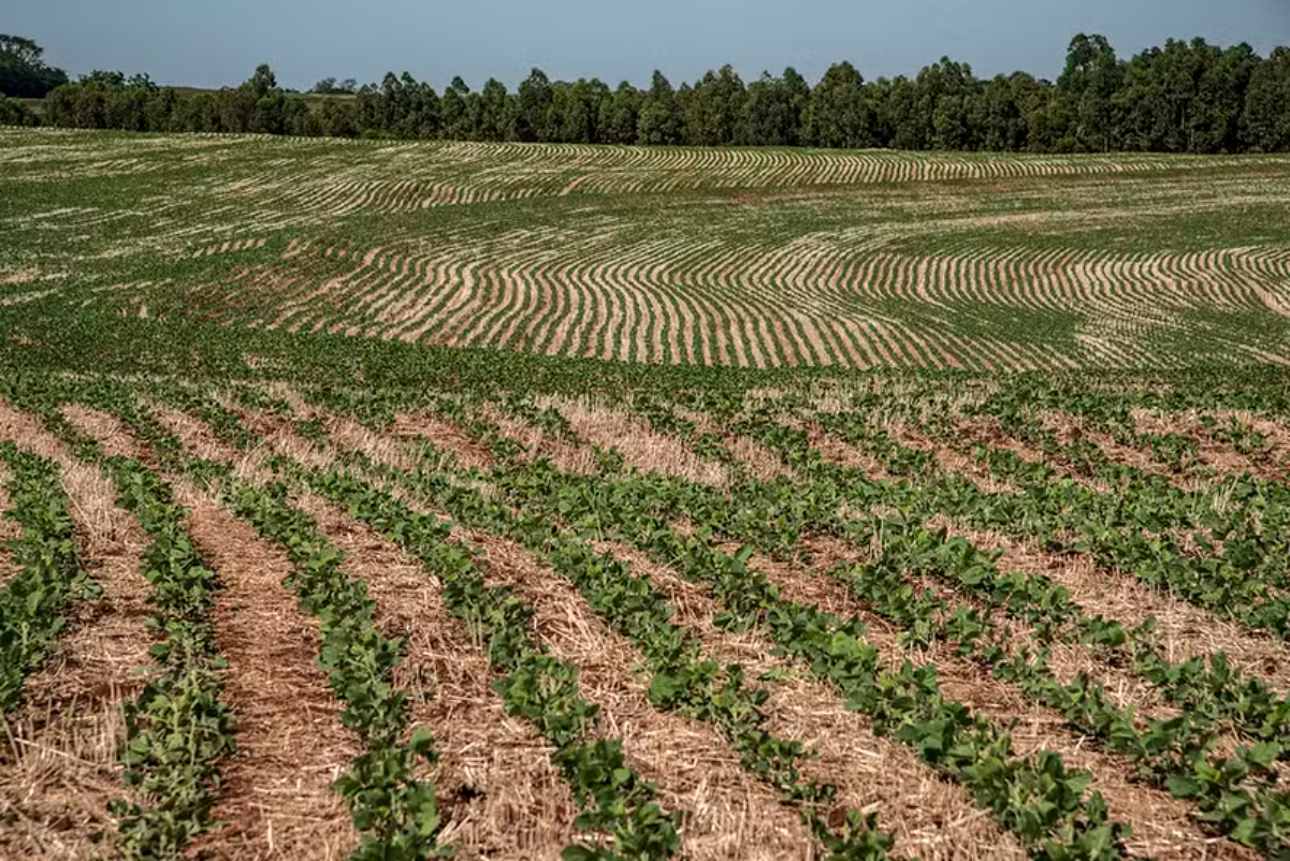Evaluation by Agroicone: Agricultural Goals Focus on Sustainable Systems
At the United Nations Climate Conference (COP29) in Baku, Azerbaijan, Brazil presented an updated Nationally Determined Contribution (NDC). This move signals the country’s intent to increase its ambition under the Paris Agreement while asserting leadership in the climate debate, particularly as it prepares to host COP30 in Belém, Pará, in 2025.
Led by Vice President Geraldo Alckmin, Brazil’s delegation committed to reducing greenhouse gas emissions by 59% to 67% by 2035, relative to 2005 levels. This equates to cutting between 850 million and 1.05 billion tons of CO₂ equivalent. The new NDC encompasses all economic sectors and aligns with limiting global warming to 1.5ºC above pre-industrial levels.
According to Brazil’s Ministry of the Environment and Climate Change, this target sets the nation on a path to achieve climate neutrality by 2050.
“The NDC reflects a comprehensive analysis of the country’s emissions scenarios, addressing the urgency of combating the climate crisis, building resilience, and outlining a low-carbon future,” the Ministry, led by Marina Silva, stated.
Innovations and Strategies for Sustainability
The updated NDC integrates key initiatives such as the Climate Plan and the Ecological Transformation Plan, alongside sector-specific programs like:
- Low-Carbon Agriculture Plan (ABC+)
- Future Fuel Program
- Degraded Pasture Recovery Program
Agroicone praised the innovative “range-based” target, which offers flexibility while aiming for the upper reduction limit by 2035. This approach supports Brazil’s vision of achieving climate justice by addressing inequities in global emission contributions.
Key Agricultural Strategies:
- Recovering degraded pastures for sustainable agricultural expansion.
- Enhancing productivity through integrated systems.
“This builds on Brazil’s existing strengths, but on a broader scale,” said Rodrigo Lima, Agroicone’s director, attending COP29.
Challenges and Critiques
Despite its ambition, the new NDC lacks detailed implementation plans, such as for the Climate Plan. Rodrigo Lima emphasized that clarity is needed to ensure the proposed actions effectively meet the updated target.
“Brazil has proposed a goal without fully detailing how it will achieve it. The question is whether the sum of its planned actions will suffice to deliver on this commitment,” Lima explained.
Deforestation: A Contentious Topic
The NDC explicitly targets zero illegal deforestation, while legal deforestation under Brazil’s Forest Code must compensate for emissions caused by land clearing. This contrasts with the EU’s Anti-Deforestation Law (EUDR), which does not distinguish between legal and illegal deforestation—an area of contention for Brazil.
The European Parliament recently amended the EUDR to classify countries adhering to the Paris Agreement and enforcing strict deforestation controls as “no risk.” However, this provision raised concerns among Brazil’s government and agribusiness representatives.
Financing Climate Action
While Brazil’s NDC does not tie its commitments to external funding, it highlights the importance of financing, capacity building, and technology transfer. The country plans to leverage the International Transfer of Mitigation Outcomes (ITMO) mechanism to generate carbon credits, potentially exceeding its targets by selling credits to developed nations.
“This signals Brazil’s intention to go beyond its goals if carbon markets allow,” Lima noted.
The issue of climate financing remains a focal point at COP29. UN Secretary-General António Guterres urged dismantling barriers to climate finance, warning of escalating costs from disrupted supply chains, crop losses, and damaged infrastructure.
Looking Ahead: Challenges for COP30
Lima cautioned that unresolved financial issues at COP16 on biodiversity in Cali, Colombia, could have ripple effects on climate conferences, including COP29 and COP30.
“The failure in Cali sets a dangerous precedent for Baku and Brazil’s COP30. Financing remains a critical challenge,” he concluded.





